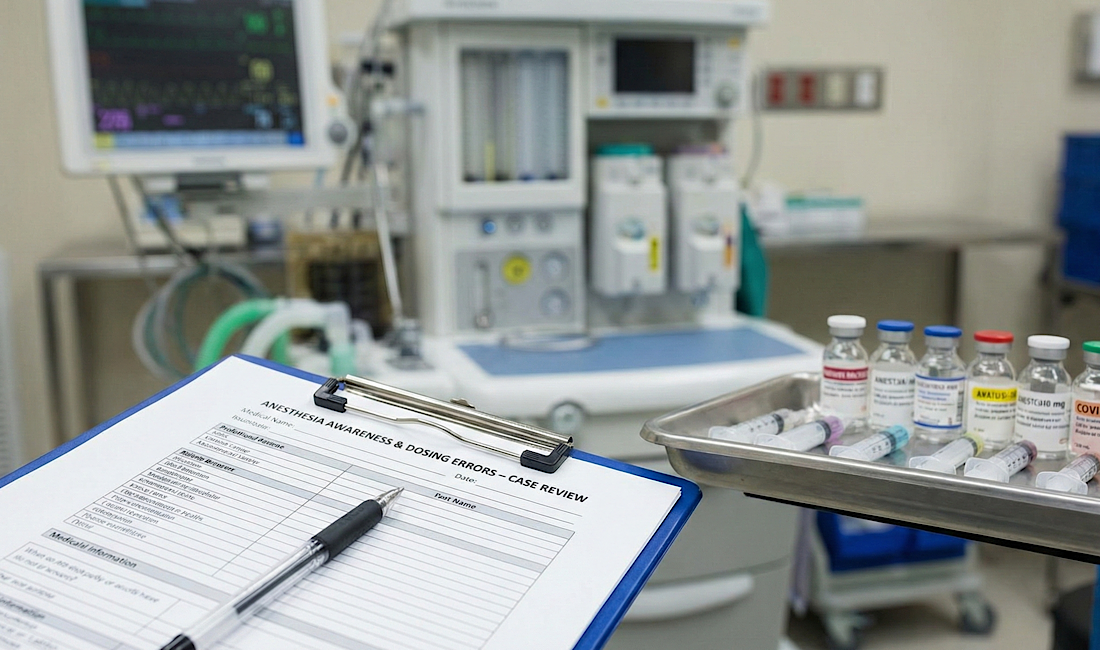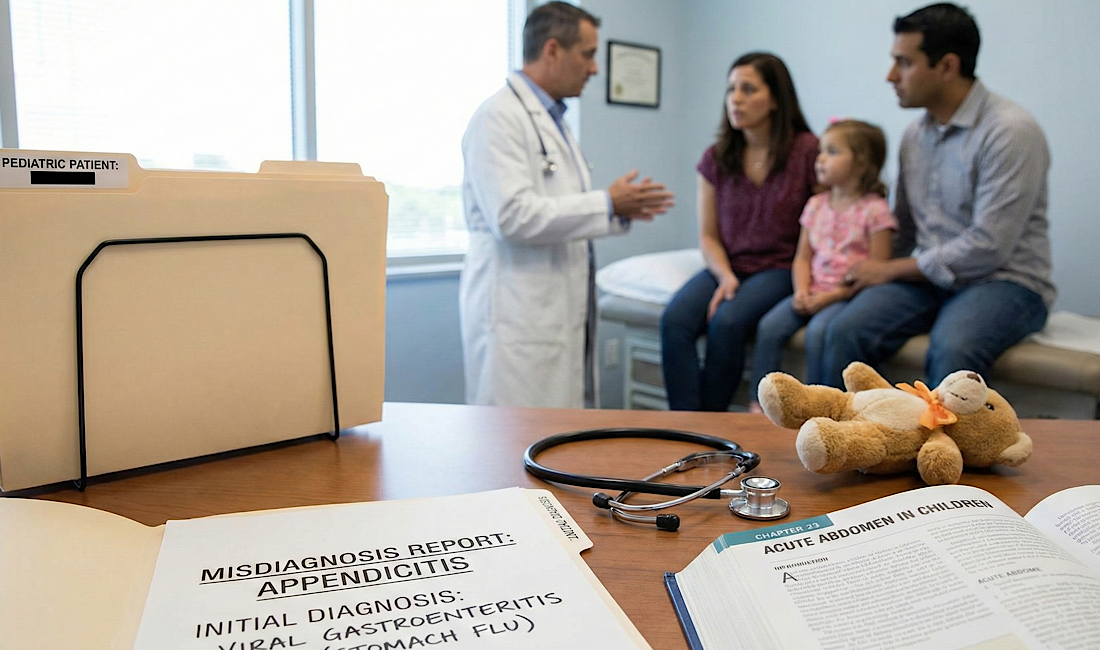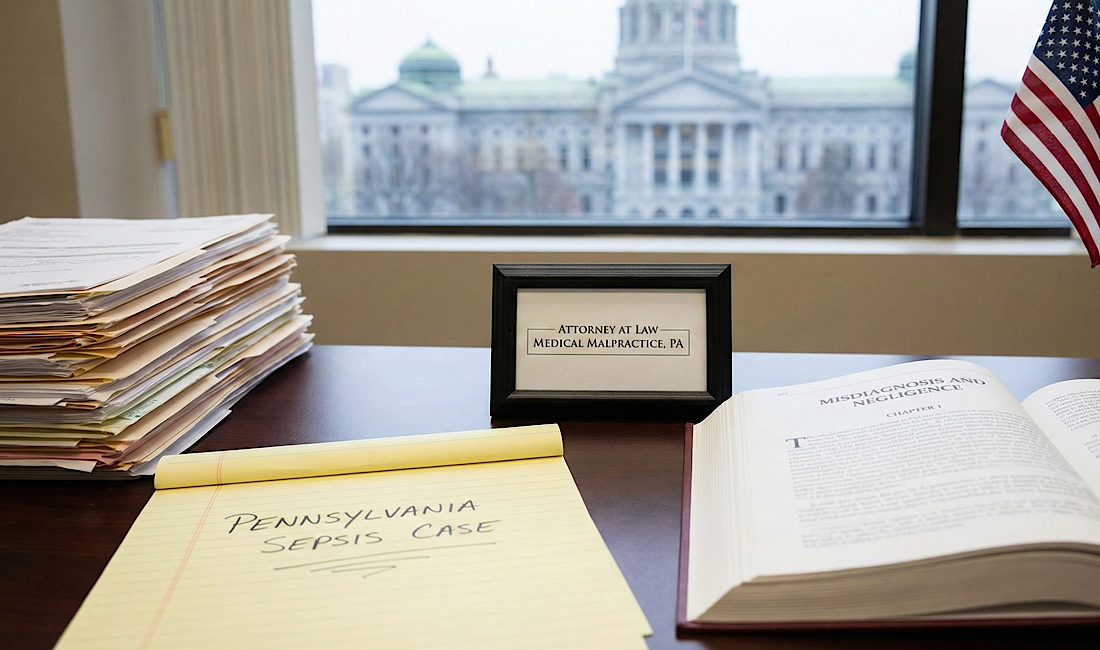When AI Goes Wrong: Legal Recourse for Patients Affected by Diagnostic Errors

Artificial Intelligence (AI) is revolutionizing healthcare, offering advanced diagnostic tools that enhance accuracy and efficiency. However, when these tools fail, the consequences can be serious. Patients affected by AI-driven diagnostic errors have rights, and understanding those rights is crucial for seeking justice and compensation.
The Rise of AI in Diagnostics
AI-powered diagnostic tools analyze vast amounts of data to identify medical conditions, often outperforming traditional methods in speed and precision. From identifying cancer in imaging scans to predicting heart conditions, AI systems are increasingly relied upon in medical decision-making. Despite their advantages, these tools are not infallible.
Common Causes of AI Diagnostic Errors
Inaccurate Data Inputs
Errors in patient data or incomplete information can lead to faulty AI predictions.
Algorithm Bias
Bias in the datasets used to train AI systems can result in misdiagnosis or underdiagnosis, particularly for underrepresented groups.
System Malfunctions
Technical issues or software glitches can cause errors in the analysis or output.
Human Overreliance
Overconfidence in AI recommendations without proper human oversight can exacerbate diagnostic mistakes.
The Impact of Diagnostic Errors
AI-driven diagnostic errors can lead to:
Delayed or inappropriate treatment.
Worsening of medical conditions due to misdiagnosis.
Emotional and financial stress for patients and their families.
Legal Recourse for Affected Patients
Patients who experience harm due to AI diagnostic errors may be entitled to compensation through medical malpractice claims. Key considerations include:
Establishing Liability
Determining whether the fault lies with the healthcare provider, the AI developer, or both. Healthcare providers remain responsible for overseeing AI tools and verifying their outputs.
Proving Negligence
Demonstrating that the standard of care was breached, resulting in harm. Expert testimony is often required to evaluate whether AI recommendations met acceptable medical standards.
Documenting Damages
Collecting evidence of medical expenses, lost income, and emotional distress caused by the diagnostic error.
Why Legal Representation Matters
AI-related malpractice cases are complex, requiring expertise in both healthcare law and emerging technologies. An experienced attorney can:
Investigate the role of AI in the diagnostic error.
Collaborate with medical and technical experts to build a compelling case.
Advocate for maximum compensation to address the full scope of harm.
If an AI-driven diagnostic error has impacted you or a loved one,
Frischman & Rizza in Pittsburgh can help. Their knowledgeable attorneys understand the complexities of medical malpractice involving AI and are dedicated to protecting patient rights.
Contact them today for a consultation and begin your journey toward justice.





